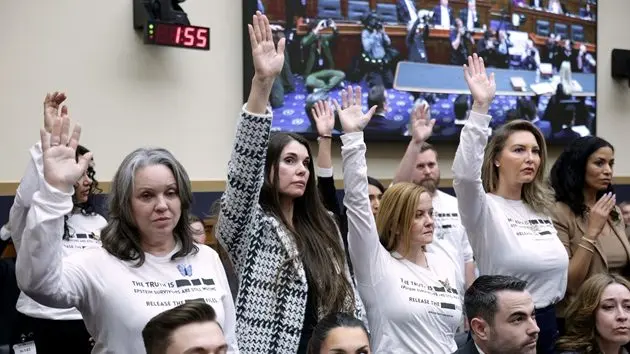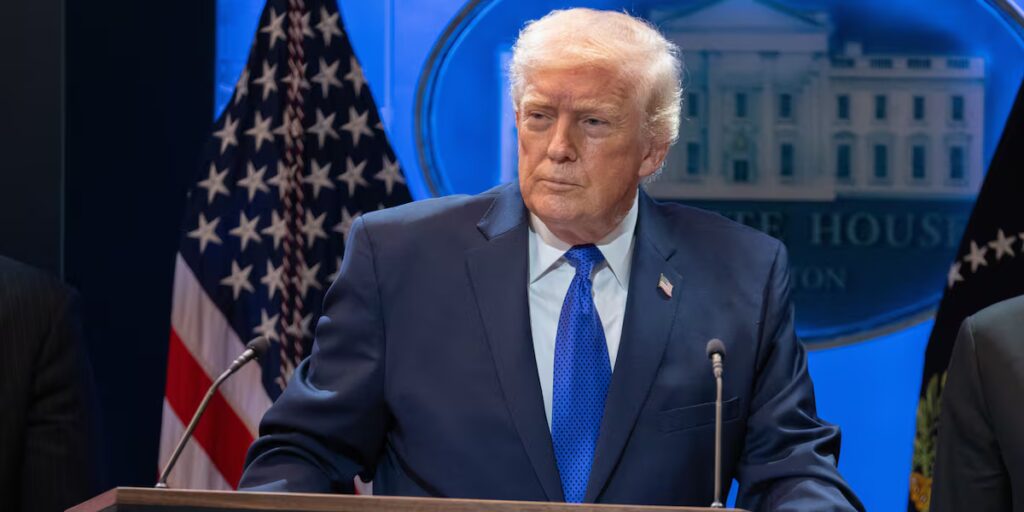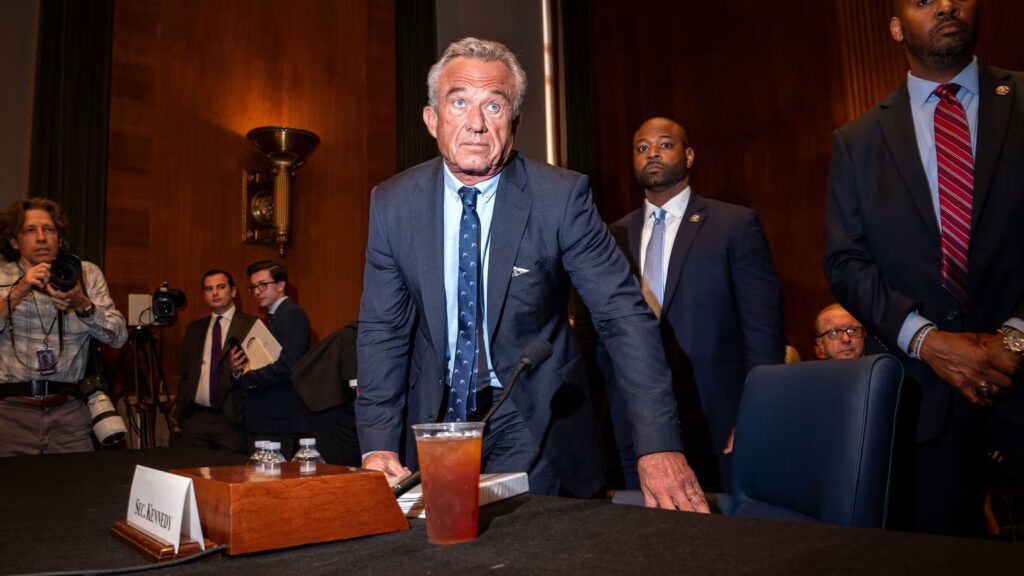Trump Judicial Picks May Shape US Abortion Laws for Decades

Trump Judicial Picks Could Shape US Abortion Laws for Decades
President Donald Trump has called abortion a state issue. Yet his latest judicial nominees could influence abortion laws nationwide for generations. Many have a history of supporting abortion restrictions, defending state bans, and challenging access to medication abortion.
A review by The Associated Press found that roughly half of Trump’s 17 judicial nominees in his second term have expressed anti-abortion views, worked with anti-abortion organizations, or defended state abortion bans. These lifetime appointments could restrict abortion access long after Trump leaves office.
Abortion Stance and Federal Court Influence
Bernadette Meyler, a constitutional law professor at Stanford University, said judicial nominations are a way of shaping abortion policy without Congress. She noted this approach avoids the visibility and backlash of direct legislation.
Eight of Trump’s current nominees have worked against abortion access. None have a record supporting expanded access. This follows his first term, when he appointed 234 judges — including three Supreme Court justices who helped overturn Roe v. Wade in 2022.
Nominees With Strong Anti-Abortion Records
Several nominees stand out for their active roles in restricting abortion rights:
-
Whitney Hermandorfer defended Tennessee’s abortion ban and challenged federal abortion regulations.
-
Maria Lanahan helped draft Missouri’s lawsuit challenging the FDA approval of the abortion pill mifepristone.
-
Jordan Pratt called abortion a “barbaric practice” and backed Florida’s 15-week ban.
-
John Guard defended Florida’s abortion restrictions as chief deputy attorney general.
-
Joshua Divine co-authored Missouri’s mifepristone challenge and described himself as a “zealot” for the anti-abortion movement.
-
Chad Meredith defended Kentucky’s abortion ban and mandatory ultrasound law.
-
Bill Mercer supported multiple anti-abortion bills in Montana.
-
Jennifer Mascott stated that abortion laws are best decided by states and local communities.
Reaction From Advocacy Groups
Anti-abortion organizations, including SBA Pro-Life America and Students for Life, have expressed optimism about Trump’s nominees. They expect continued appointments of judges who oppose abortion rights.
Conversely, abortion rights advocates warn these appointments embed long-term opposition within the judiciary. Mini Timmaraju, president of Reproductive Freedom for All, said Trump’s strategy allows him to appear neutral while ensuring courts uphold abortion restrictions.
: 345







